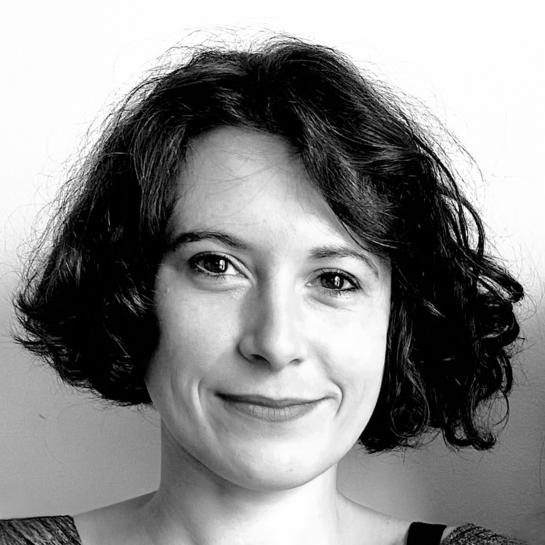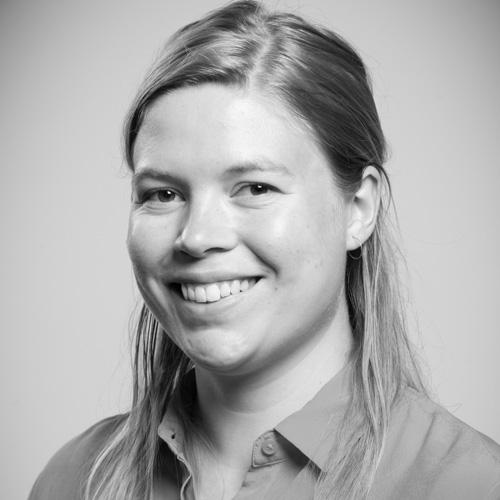2025-2029 | FWO PhD Project
As migration continues to shape European societies, understanding migrant integration remains a pressing challenge. While research has extensively examined structural aspects of integration—such as labour market participation, education, and housing—less attention has been given to the sociospatial dimension: how migrants navigate public and informal spaces in their daily lives, and how this shapes their social networks. This research addresses this gap by investigating the role of third places—social spaces beyond home and work—in shaping newcomers’ social networks, belonging, and mental wellbeing. Moreover, by focussing on newcomers, it addresses an understudied demographic. This research adopts a mixed-methods approach, integrating a large-scale respondent driven survey with qualitative methods, including interviews, focus groups, and ethnographic observations. It applies an intersectional lens to examine how socio-demographic factors affect migrants' access to and experiences within these spaces. By comparing socio-spatial indicators (e.g., third-place use, social networks) with classical integration metrics (e.g., employment, education, language proficiency), this research provides an innovative framework for understanding integration as a multidimensional process. Ultimately, this study informs broader European debates on integration, social cohesion, and wellbeing, offering an empirically grounded perspective on the lived experiences of newcomers in Belgium.



